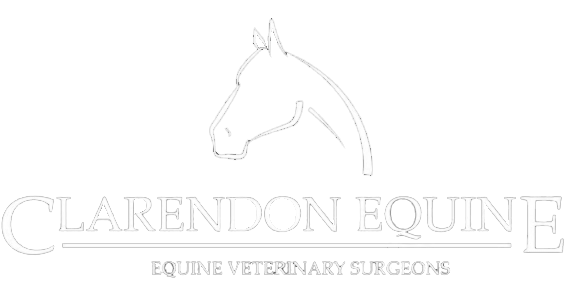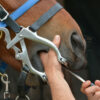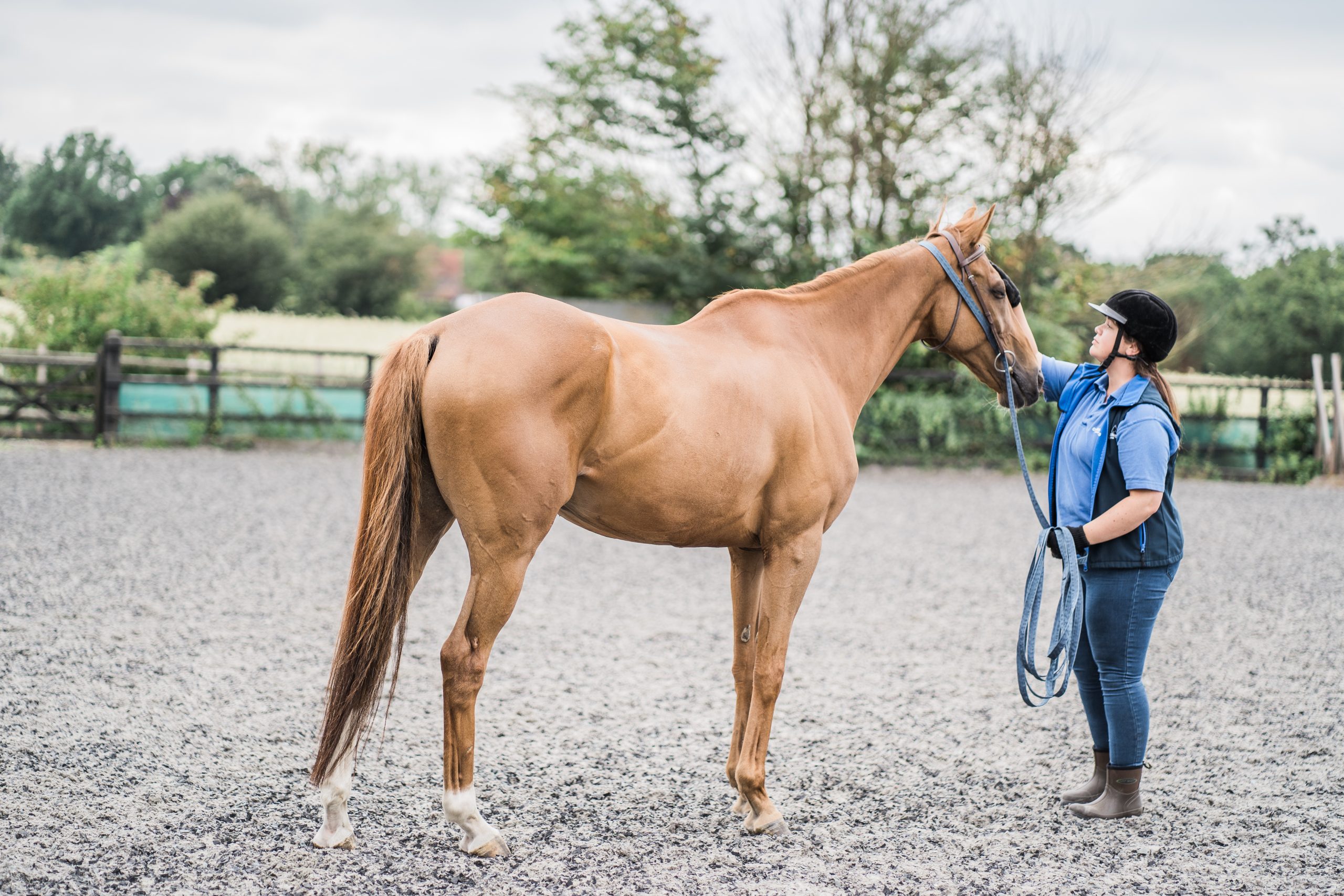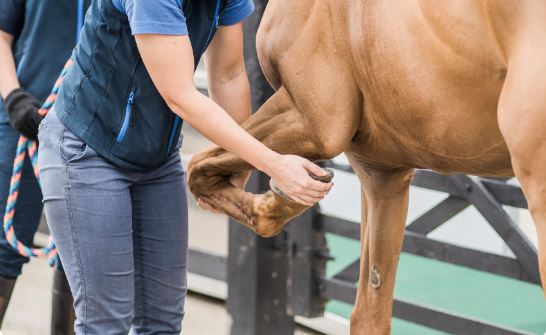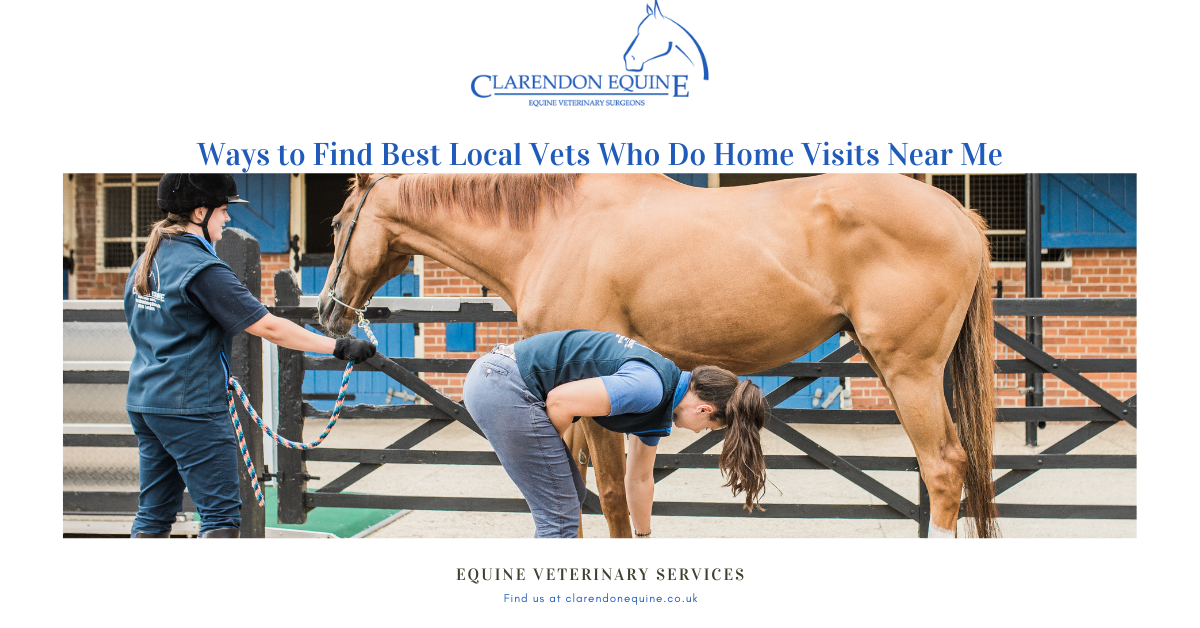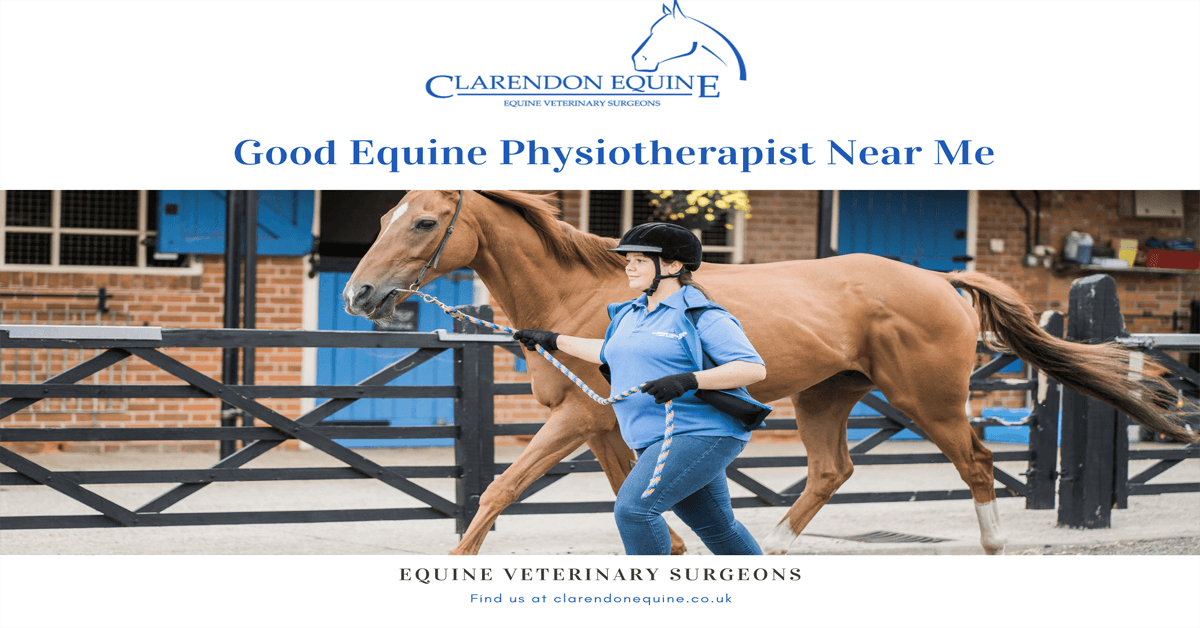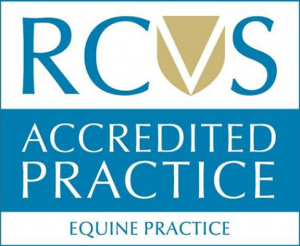Although many people claim that the career of veterinary surgeons or nurses can reward you generously, it demands dedication and commitment. With patience and commitment, it doesn’t matter how old you are or at what stage of your life you are in!
The Road To Becoming An Equine Veterinarian
Whether you are considering changing your career or at school and planning your future career path— training yourself to be a veterinary can be highly prosperous. A degree in veterinary medicine will help you develop a range of valuable skills that can have great importance in the veterinary sector.
Who Is This Career For?
The veterinary career is excellent for individuals who are passionate about horses with a keen interest in science and medicine—moreover, people who are passionate about improving the health and welfare of equine animals.
Not only do you get to develop essential skills, but you also get to collaborate and work with a variety of people working in the veterinary unit, face challenges, deal with different horses and environments.
Other than passion, you need to have the ability to communicate articulately with people without much hesitation. You need to be patient and understanding because, as a vet, you might come across owners who will be overwhelmed with emotions. Sometimes, you might deal with all the different emotions in one day!
Although as a vet you might deal with people, there is an emotional burden to carry. For example, some days, you have to deal with situations that may be morally difficult such as putting animals to sleep. It may be a highly emotional task to do, but it carries just as much significance because some animals cannot be saved at times, which might be best for them.
You should consider all these points before deciding to become a vet.
Where Do You Want To See Yourself After Graduation?
A vast range of career options are available in this industry, and out of them all, the biggest ones are veterinary surgeons and veterinary nurses.
An equine veterinary deals with the diagnosis and treatment of the horses. They are also authorised to perform routine care such as vaccinations and dentistry. Even though equine vets usually tend to work specifically on horses, others can work in mixed practices and treat a range of different species.
Some of their responsibilities include diagnosing and treating, out of work hour visits, emergencies, surgery, pre-purchase vettings, and being present at equine sporting events and riding schools for inspections. This might sound all too demanding, but such a career(as mentioned before) can be extremely rewarding.
When it comes to veterinary nurses or VSs, their field of work primarily surrounds assisting veterinary surgeons. As they work alongside surgeons, they provide tremendous support and care for the sick animals while participating in routine diagnostic work. They can also guide owners and educate them about horse health and regular preventive care such as deworming.
Some of their responsibilities include specialised care of sick animals, preparing all of the necessary diagnostic equipment for surgery and anaesthesia, medical treatment, out of work hour visits, and emergencies. They also carry out diagnostic tests and take care of animals post-surgery and rehabilitation.
In general, if you consider becoming a vet, you should be aware of what is coming. You might be interested in a particular field of veterinary work, or maybe you will enjoy a variety of mixed work in general practice.
The best way to find out what’s best for you, you should try working under the supervision of a vet who works in your interested field before finalising in which section you want to work. Get to know what the job demands and make sure it is the job you enjoy doing.
Read Also: How To Become An Equine Veterinarian
Which Qualifications Do I Need To Become A Vet?
To work in any kind of general practice as a vet, a veterinary degree is enough. However, if you decide on working as a specialist at a veterinary referral hospital, you might need to complete other veterinary degrees.
But, where do you start?
Typically after you finish a degree in veterinary medicine at a certified university, you should get in touch with the Royal College of Veterinary Surgeons to practice as a vet. Some universities might have different entry requirements, but at Royal College Of Veterinary Surgeons, the courses tend to be extremely competitive and academically challenging. That is why they demand some of the highest entry requirements.
However, before you apply to the college of veterinary surgeons. There are a few qualifications you have to complete before you can get accepted for a degree to become a vet:
A-Levels or Higher and Advanced Highers
Before applying to any university, of course, you have to complete your A-Levels. In Scotland, the alternative is the Highers and Advanced Highers. You need to have good results in a range of subjects, primarily science, in your GCSEs or National 5s.
Usually, you are required to submit your best three grades secured in A-levels. These include Biology and other two science-related subjects. Generally, for students in Scotland, you need to have exceptional grades in five Highers, including at least two Advanced Highers. These include Chemistry and Biology and another science, and Biology and Chemistry for Advanced Highers.
To get a better understanding of what is expected, research university websites and contact them regarding admission information.
Access To Higher Education(HE)
Access to Higher Education is an excellent alternative for people who are 19+ without an A-Levels/Highers degree. Many colleges offer a range of these courses, which tend to be flexible, so you can continue to work if you have to.
Since the Access to He qualifications are a diploma, most universities expect a focus on science subjects with a distinction. Even though vet schools accept Access To He, all of them don’t. So, make sure to check the entry requirement for admissions and contact them.
Vocational Qualifications
As BTEC Level 3 Extended Diplomas are designed to help students work practically, some universities accept it if you have a diploma in Animal Management or Applied Science. Depending on which university you apply to, you are usually expected to complete your BTECs with distinctions. However, even though it involves many practical courses, it may not be counted as experience in the entry requirements.
Does Work Experience Matter?
Yes! The more work experience you have, the greater your chances you have of getting accepted for a veterinary degree. Before applying to universities, you can mention your work experience alongside your qualifications.
To get started in the field, you can ask your local equine veterinary care if they can take you in. If you manage to find work at more than one veterinary hospital, this will add more to your portfolio as it will help build a variety of work experience.
Even though most want to see a volunteering experience at a veterinary practice, many universities might expect more. Along with expertise shown working with a veterinarian setting, they expect you to demonstrate experience working with animals. This can be directly working with or under the supervision of a vet or voluntary placements at a farm, stable or any other relevant field such as a zoo.
Where Do I Get A Veterinary Degree In The U.K?
Now that you know all the qualifications required for university admissions, you are more than ready to move onto acquiring your degree. Usually, these degrees don’t last longer than five years. It will take only four years to complete for students who already have another degree in a science subject. Students have the option to complete a pre-vet foundation year if they have alternative entry requirements.
You must get a qualification from these universities that run a Royal College of Veterinary Surgeon(RCVS) approved course if you wish to become a vet:
- Keele University & Harper Adams University
- Royal Veterinary College London
- University of Liverpool
- University of Edinburgh
- University of Bristol
- University of Cambridge
- University of Glasgow
- University of Nottingham
- University of Surrey
During holidays, you’re expected to complete Extra-Mural Studies(EMS), which are practical placements. Once you begin the clinical years of your veterinary degree, you can look for equine veterinary care centres to help you complete part of your clinical EMS by practising there. Clarendon Equine is more than happy to welcome and encourage students to work with us. For more information, do not hesitate to contact us because we are an RCVS accredited equine practice!
